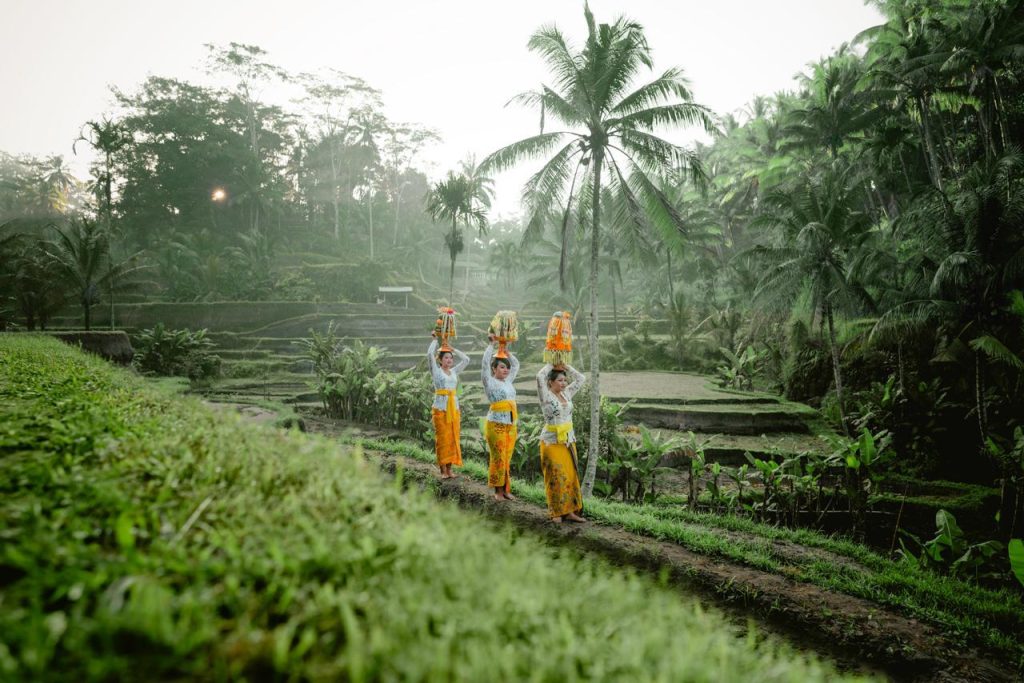Bali, with its enchanting natural beauty and rich cultural heritage, stands as a global destination for travelers. However, the rapid growth of tourism in Bali also poses various challenges, particularly concerning the preservation of its environment and culture. Efforts to conserve the natural beauty and cultural heritage become increasingly crucial, not only for the well-being of Bali’s residents today but also for future generations. Here are some initiatives undertaken to maintain the sustainability of both the environment and culture on the Island of Bali:
1. Environmental Education and Awareness Programs
Education and environmental awareness are key to preserving Bali’s natural environment. Numerous non-governmental organizations (NGOs), educational institutions, and local communities are actively involved in educating the public about the importance of environmental conservation. These programs include waste reduction campaigns, tree planting initiatives, and the development of eco-friendly products.
2. Sustainable Farming Practices
Traditional farming in Bali has been an integral part of the island’s culture for centuries. However, urbanization and modernization have exerted significant pressure on the farming system. To maintain environmental sustainability, many Balinese farmers are transitioning to organic and sustainable farming practices. They utilize traditional methods that are eco-friendly, such as the subak system (traditional irrigation) and the use of organic fertilizers.
3. Preservation of Cultural Heritage
Balinese culture, rich in art, dance, music, and traditional ceremonies, is an inseparable part of the island’s identity. Efforts to preserve cultural heritage are carried out through various means, including teaching traditional arts to the younger generation, cultural documentation, and the development of cultural centers.
4. Sustainable Tourism Management
Tourism is a primary source of income for Bali, but it can also have negative impacts if not managed properly. To minimize these impacts, the Bali government and stakeholders are involved in developing sustainable tourism practices. This includes reducing plastic waste, constructing eco-friendly infrastructure, and promoting responsible tourism.
5. Conservation of Natural Resources
Conservation of natural resources, including forest protection, river conservation, and coral reef preservation, is a critical focus in maintaining ecological balance in Bali. Various environmental organizations collaborate with the government and local communities to protect and manage natural resources sustainably.
Maintaining Balance
Preserving the environment and culture on the Island of Bali is not an easy task, given the pressures of population growth, urbanization, and increasing tourism. However, through collaboration between the government, local communities, and various stakeholders, there is hope to preserve Bali’s natural beauty and cultural richness for a better future. With sustained efforts, Bali can continue to be a paradise of nature and culture for generations to come.

